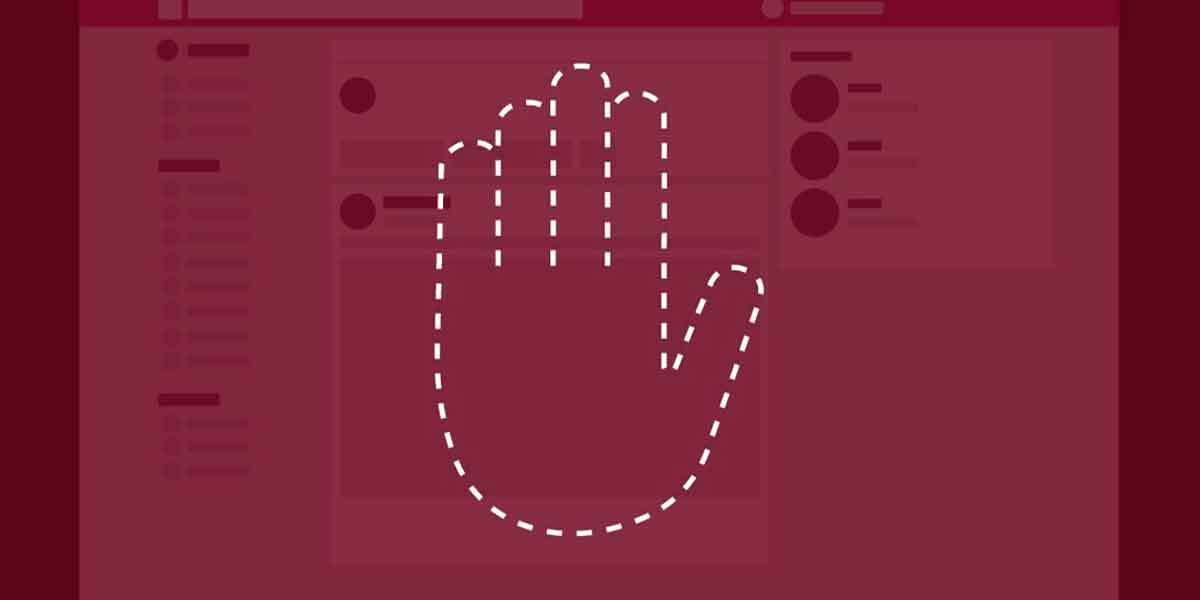Post-judgment interests are peculiar to basically insurance cases between an insurance company and an insured. They are also common with lawsuits regarding loans and debts.
Let’s take an insurance case as a case scenario. When a court judgment has been passed against an insured party, the interest they will have to pay which accumulates after the judgment has been made is what is referred to as post-judgment interest.
The standard general liabilities policy makes provision for supplementary payments, and this provision is what covers post-judgment interests. The policy mandates that the insurer or creditor pays the interest on the total judgment passed (using the debtor’s assets), regardless of whether the judgment surpasses the threshold of the liability. This is done because the time taken for payment to be made is uncertain and uninfluenced by the insured, therefore the insurer ought to be the one responsible for making payment when there is increased interests resulting from their own delay.
In simple terms, post-judgment interests will be paid by the insurer or creditor to themselves using the insured or debtor’s assets so as not to cause delays.
When the judgment is passed by the court, a certificate of judgment is given to the creditor with which they are to make the entire payment.
Remedies for post-judgment
Remedies for post-judgment interest simply refer to the ways by which the insurer or creditor can recover assets of the debtor in order to settle the post-judgment interest. As soon as you are given the certificate of post-judgment, you become the post-judgment creditor, while the insured or debtor becomes the post-judgment debtor. This certificate is more or less of a check with which you can recover the money equivalent of the entire post-judgment interest. The major remedies are explained below.
Looking up your debtor’s assets
In satisfying the post-judgment interest, you can look up all assets owned by your debtor from where funds can be obtained. There are many ways to source for information regarding the debtor’s assets.
- The easiest way is to ask the court to schedule a formal meeting between you and the debtor or their financial adviser/manager. In this meeting, you are to ask them questions as to their assets and liabilities. If not;
- There are companies specialized in locating bank account information of debtors. Find out the debtor’s bank statement and all transactions they have carried out ever since you were financially involved with them. When you get their financial information, this gives you an idea of their present monetary worth.
- If the debtor or insured is a business entity, then recovery can be made against shareholders’ assets.
- Find out whether the debtor is currently involved in any other lawsuit which can financially strip them. Also, try finding out if the lawsuit is one that would profit the debtor. You can get the court records from court clerks.
- If the debtor has possessions in another county different from that in which the judgment was passed but in the same state, then you should file your judgment to that other county since you cannot easily recover there all what you would have recovered in the county in which the judgment was passed.
- If the debtor has possessions in another state entirely, then it becomes important you hire an attorney in that state to help you legalize your actions over there by enforcing the judgment under the Uniform Enforcement of Foreign Judgments Act.
Get appointed as the receiver of the debtor’s proceeds
In cases where the judgment debtor carries out business transactions and fails to make necessary payments to their creditor or insurer, becoming the receiver of the debtor’s proceeds can be an effective way of satisfying the post-judgment interest. You can file to the court to be appointed as the receiver, but your rights as the receiver vary across different states.
Foreclosure
As a judgment creditor, you can repossess the real property or asset which you have mortgaged or loaned to the debtor. But before doing so, you must:
- Seek legal permission from the court
- Verify if there are other creditors or mortgages that hold an equal or unequal claim to the property.
Garnishment
In this method, the post-judgment creditor seeks to recover payments out of the debtor’s possessions which are in the hands of a third party.








